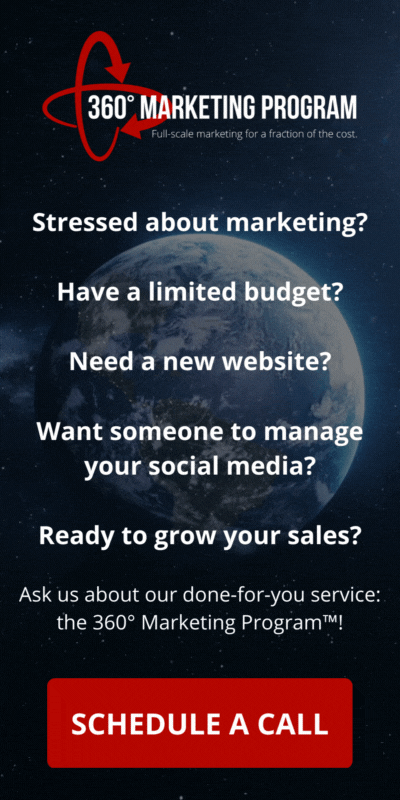Written by Mark Tanner
Opening your own dental practice can feel like juggling drills, spreadsheets, and dreams all at once. You’re not just a dentist anymore—you’re an entrepreneur, leader, and marketer rolled into one. Below, we’ll walk through the essentials of launching your practice, blending practical steps with strategic insights.
TL;DR
Starting a dental practice means balancing clinical expertise with solid business strategy. Focus on three pillars: planning (licenses, funding, equipment), branding (location, digital presence, patient experience), and growth (marketing, reviews, and financial management).
Step 1: Create a Foundation (Before You Drill)
Before you even think about signing a lease, start with structure:
- Write a business plan – Clarify your services, target audience, startup costs, and revenue goals.
- Secure financing – Consider dental-specific loans from providers like BMO Harris Healthcare, or explore SBA-backed options via Lendio.
- Choose a legal structure – Consult a professional or check resources like LegalZoom to determine whether an LLC or S-Corp fits best.
Quick Checklist: “Pre-Opening Prep”
- Register your business and obtain a tax ID
- Apply for dental and facility licenses
- Acquire essential equipment (chair units, sterilization, x-rays)
- Purchase malpractice and business insurance (compare on The Doctors Company)
- Hire your initial staff (assistant, hygienist, office manager)
- Set up patient management and billing software (like Dentrix)
Financial Overview Snapshot
| Category | Average Cost Range | Key Notes |
| Leasehold improvements | $100,000–$200,000 | Factor in plumbing & wiring needs |
| Dental equipment & supplies | $150,000–$250,000 | Buy gently used when possible |
| Software & tech setup | $10,000–$20,000 | Include cybersecurity safeguards |
| Marketing & branding | $5,000–$15,000 | Start with strong local SEO focus |
| Working capital | $30,000–$50,000 | 3–6 months of expenses reserved |
Tip: Tools like Wave Accounting or QuickBooks can help you manage early cash flow.

Building a Patient-First Brand
Once your foundation is set, you need visibility—and trust. New patients don’t just “find” dentists; they choose based on online presence and reviews.
This is where partnering with a reliable digital marketing team matters.
How Cassus Media Helps Dental Practices Grow
Working with Cassus Media – a Veteran-Owned digital marketing agency – can jump-start your visibility. They specialize in creating cohesive online ecosystems through website design, content creation, and social media management, helping new practices stand out and acquire patients consistently. Their holistic approach focuses on long-term growth, not just one-time clicks.
Learn the Business Side (Without the Boredom)
Dentistry is both a craft and a company. Understanding leadership, finance, and operations is crucial for sustainability. If you’re new to the business side, earning an online business degree can give you structure and confidence.
An accredited business management program such as this may help teach you leadership, operations, and project management skills applicable to running a dental practice. The flexibility of online learning also means you can balance coursework with your clinic’s early demands.
How-To: Your First 6-Month Playbook
- Month 1–2: Finalize location, business registration, and licensing.
- Month 3: Order equipment, design interiors, and set up billing software.
- Month 4: Build your website and Google Business profile; start social media.
- Month 5: Host a soft opening, collect patient feedback, and tweak workflows.
- Month 6: Launch referral programs and begin collecting reviews on Healthgrades and Google Maps.
Featured Resource: Henry Schein Practice Transitions
If you’re looking to buy rather than build from scratch, explore Henry Schein Practice Transitions. Their network helps dentists purchase or merge existing practices with financing and valuation support.
FAQ
Q: How long does it take to open a dental practice?
A: Typically 6–12 months, depending on financing, permits, and construction timelines.
Q: Should I rent or buy my office space?
A: Renting gives flexibility early on; buying can be a long-term investment once cash flow stabilizes.
Q: What’s the best way to get my first patients?
A: Combine local SEO, patient referral incentives, and consistent social media engagement.
Opening a dental practice is equal parts precision and persistence. Plan meticulously, partner strategically, and remember—your reputation starts the moment your first patient walks through the door. With a clear roadmap and the right digital and business foundations, your practice won’t just open—it’ll thrive.


